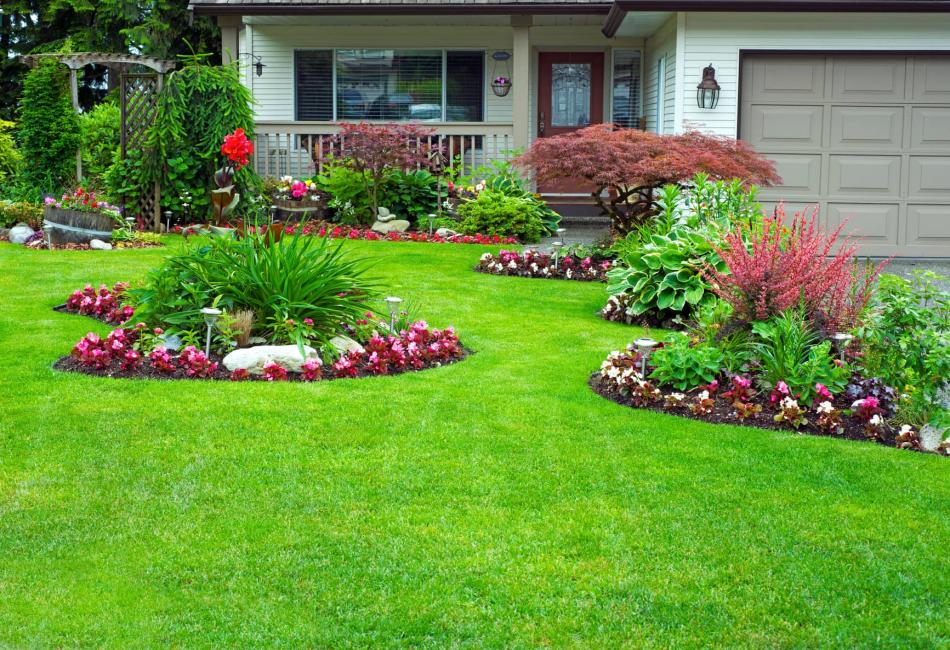Sustainable landscaping has become a top priority for homeowners who want beautiful, low-maintenance yards that are also environmentally responsible. This approach to outdoor design emphasizes the use of native plants, resource-conserving techniques, and strategic layouts to create gardens that thrive with minimal effort and fewer inputs.
Not only can it help you save money and reduce upkeep, but it also promotes biodiversity and supports the health of your local ecosystem. Whether you’re an experienced gardener or just getting started, eco-friendly landscaping offers lasting benefits for both you and the planet.
The Environmental Advantages
Conserves Water
A major advantage of sustainable landscaping is efficient water use. Choosing native, drought-resistant plants, adding mulch, and installing energy-saving irrigation systems all help cut down water waste and keep your garden healthy, reducing the need for supplemental watering even when rainfall is scarce.
Improves Soil Health
Healthy soil is the foundation of any thriving landscape. Sustainable landscaping improves soil quality by adding organic matter and avoiding harsh chemical treatments, which helps beneficial microbes flourish and supports natural nutrient cycles. This leads to a more self-sustaining landscape that stays healthy with less upkeep.
Enhances Biodiversity
Sustainable landscaping also turns your yard into a thriving habitat for local wildlife. Native plants naturally attract beneficial pollinators like birds, bees, and butterflies that strengthen local food chains and enhance biodiversity. By including features such as shallow ponds, brush piles, or wildflower patches, you provide habitats for a range of creatures, contributing to a healthier, more balanced ecosystem.
The Personal Perks
Saves Time and Money
Another benefit of sustainable landscaping is that it often results in significant long-term savings. Native plants are well-adapted to local conditions, meaning they need less watering, fewer pest prevention measures, and minimal maintenance overall. For example, opting for a clover lawn instead of traditional turf is a low-maintenance option that requires far less upkeep. That translates to less environmental impact, lower utility bills, and a reduced need for maintenance. Additionally, an eco-conscious landscape can increase your property value when it comes time to sell your home.
Prevents Property Damage
Sustainable landscaping offers additional protection for your home and property. When water consistently washes away topsoil, it can lead to serious structural issues like shifting walkways, flooded basements, and even foundation damage. Using native plants with strong root systems, groundcovers, and natural grading techniques helps hold soil in place and direct water safely away from your home. This slows runoff, reduces pooling near your foundation, and prevent costly damage over time.
How to Stay Eco-Friendly When Updating Your Landscape
If you’re planning to integrate sustainable landscaping into your property, you’ll likely need to remove elements that don’t align with your environmental goals. This could include removing synthetic turf, tearing up old hardscaping, clearing invasive plants, or any other measures that interfere with creating a more natural and eco-friendly space.
Responsible waste removal is just as important as what you plant. Tossing debris without care can undermine the environmental benefits of sustainable landscaping, so it’s worth taking the time to plan. Renting a temporary yard waste dumpster is a simple, environmentally friendly way to manage debris. Many dumpster services prioritize recycling and composting, helping divert organic and reusable materials from landfills while keeping your project on track.
Conclusion
Sustainable landscaping provides long-lasting benefits for your home, your wallet, and the environment. By choosing native plants, improving soil health, conserving water, encouraging biodiversity, and minimizing the environmental impact of your waste, your yard will become a space that works in harmony with nature rather than against it.
